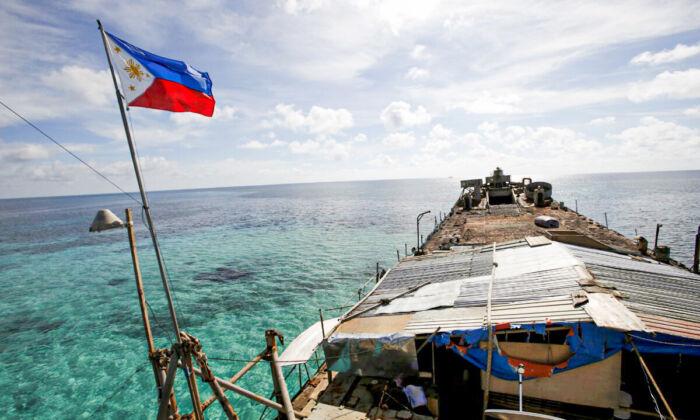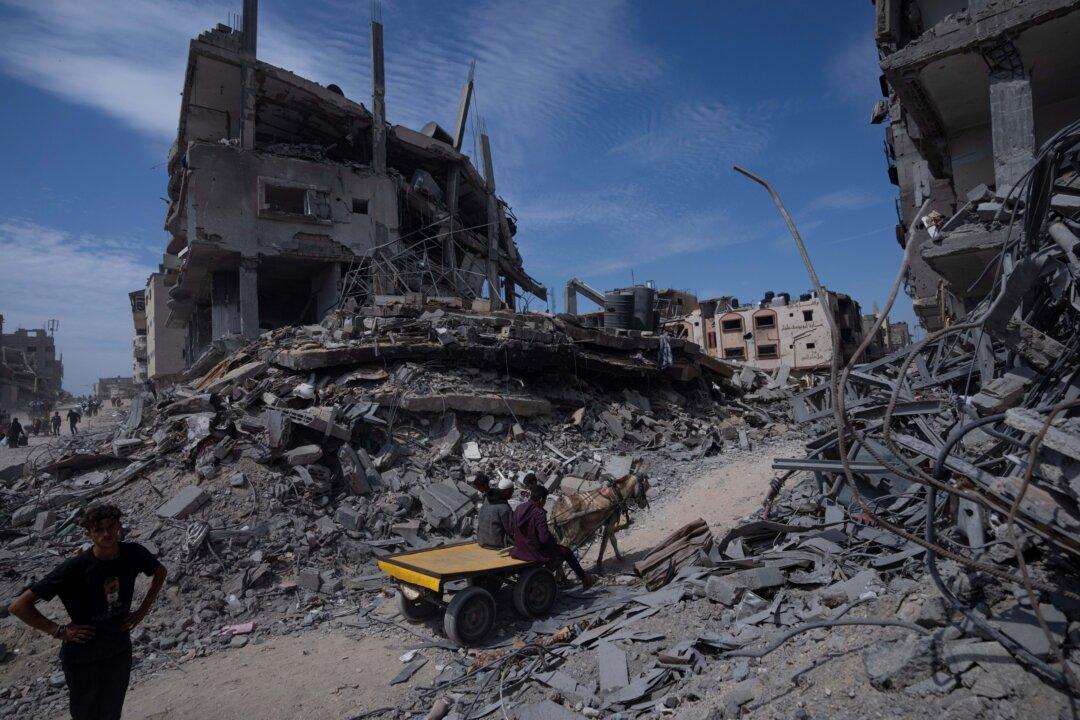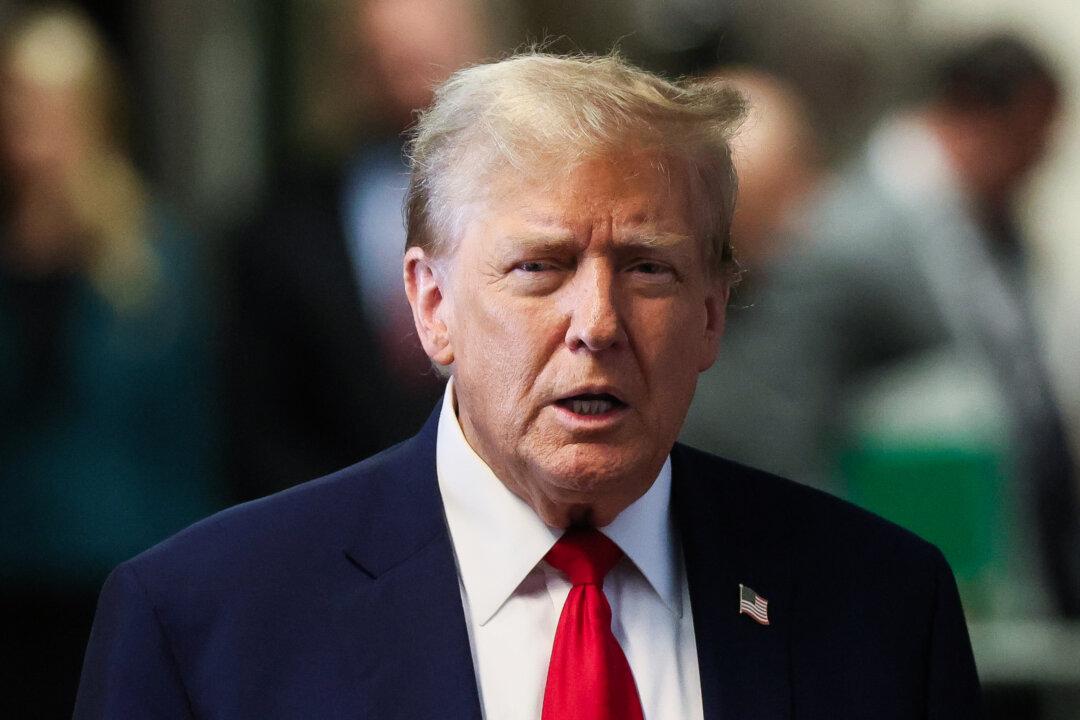The United States reaffirmed its backing of the Philippines after Manila lodged a diplomatic protest against Beijing over the illegal presence of over 100 Chinese vessels around its territorial zone in Whitsun Reef.
It said that Washington shares the Philippines’ concerns regarding China’s “provocative actions” in the South China Sea and its massing vessels near Whitsun Reef, which Manila refers to as Julian Felipe Reef.
“These actions are part of a broader trend of PRC provocations against South China Sea claimants and other states lawfully operating in the region,” the State Department said.
Washington’s remarks came after Manila lodged a diplomatic protest against China on June 9 over the “illegal” presence of over 100 Chinese vessels “in and around” Julian Felipe Reef in April.
The Chinese vessels were spotted in the reef less than a year after the Philippines government protested the illegal presence of 200 Chinese vessels in the same area in March 2021, the U.S. Department said.
The Philippines is a U.S. treaty ally under the 1951 Mutual Defense Treaty, but relations have strained under Duterte, who has sought closer ties with China since taking office in 2016.
Beijing claims much of the South China Sea as its own under its so-called “nine-dash line.” The Hague Tribunal ruled in favor of the Philippines in 2016, but China refused to abide by the decision.
Duterte’s successor, Marcos, has vowed to uphold the Hague Tribunal’s 2016 ruling and said that his new administration would talk to China “with a firm voice” regarding territorial issues.
But Marcos stated that a confrontation with China is “the last thing we need right now.” The son and namesake of the former Filipino dictator is set to take office on June 30.






Friends Read Free